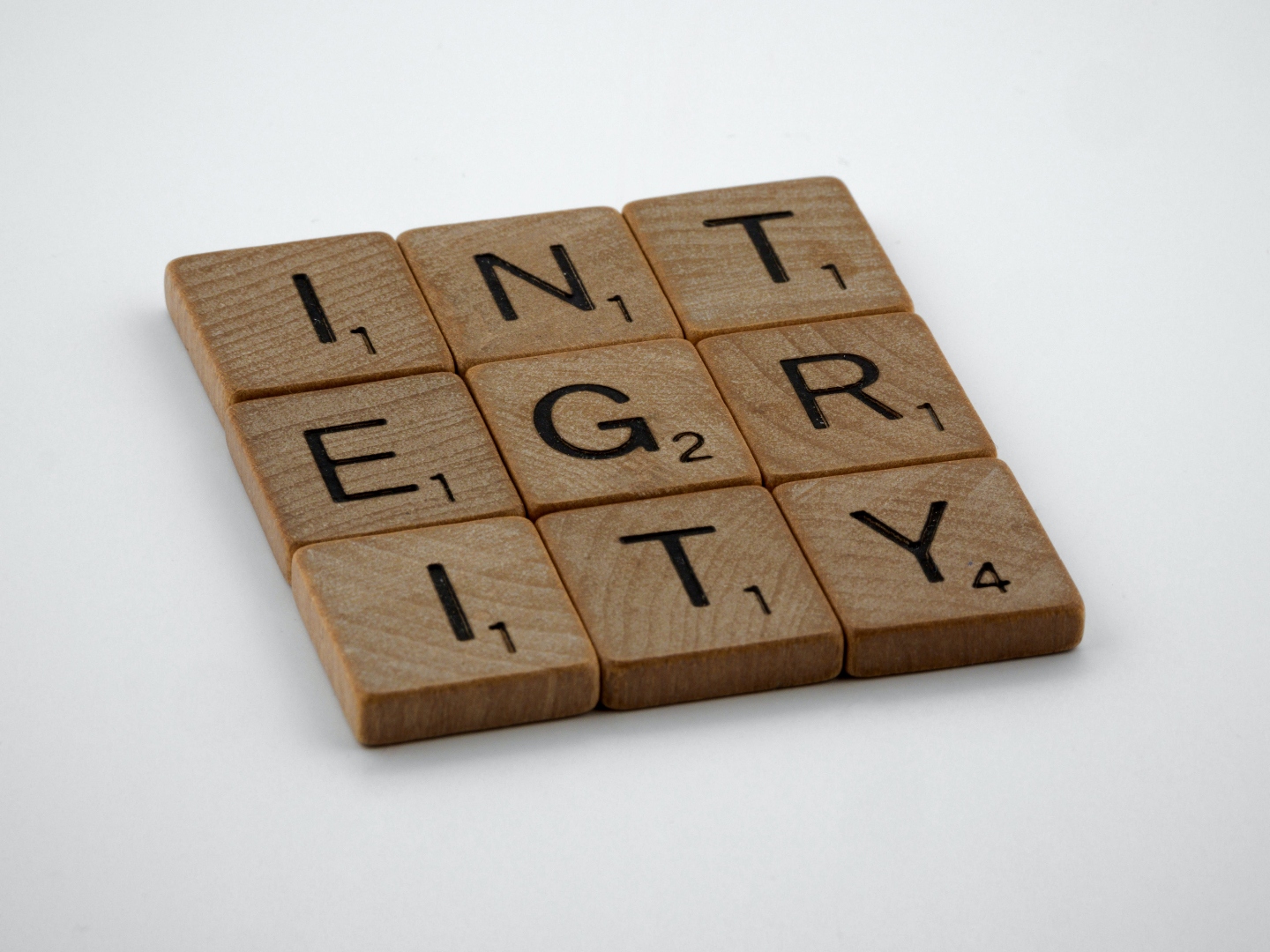
Trust plays a crucial role in building and maintaining successful B2B relationships, especially in high-stakes sales scenarios. Moreover, when significant financial investments are on the line, professional reputations are at play, as well. Without the successful traits of trust, reliability and integrity, a salesperson is merely a stranger in a strange land.
“Trust is like love. Both parties have to feel it before it really exists.” Simon Sinek
There are Many Successful Traits, but Trust is Essential
Cultivating trust is necessary to win business, sustain long-term relationships and build a strong brand. That’s according to Ian Bruce, VP at Forrester, who states that salespeople from vendors are the least trusted group tracked in a recent study. Disturbingly, the study suggests buyers trust industry analysts, consultants and their peers more than their sales reps.
Findings deeper in the study hold serious implications for sales teams and marketers. It seems the interpretation of business content is dependent upon its source. Also, buyers tend to trust their current vendors much more than new reps competing for their business.
Furthermore, when the purchase is $250,000 or more, 19% of buyers say there are ten or more employees involved. That’s according to SalesFuel’s exclusive Voice of the Buyer Survey. So, if building trust is the goal, and messaging the buyer directly is problematic how can a new rep break through?
The Buyer’s Perception of Trust is Critical
As expressed in the Forrester Study, objective, independent sources are often more reliable in the mind of the buyer. Therefore, successful traits of trust and reliability may be communicated more effectively with activities rather than words. Indeed, the Voice of the Buyer says: 44% of buyers look for referrals, recommendations or testimonials when researching a new salesperson.
Importantly, the survey goes on to reveal the top attributes buyers assign to sellers. Responsiveness tops the list with 55%, followed closely by ‘delivers what they promise’ at 54%. Though a smile and a handshake may get you in the door; ‘likeable’ weighs in last at 28%.
Complex Decision-Making Requires More Trust
In high-stakes B2B transactions, decision-making processes are often complex and involve multiple stakeholders within the buying organization. Trust becomes essential to facilitate smooth communication, understanding and collaboration among all parties involved. Without trust, the decision-making process can be hindered, leading to delays or even deal breakdowns.
It’s well known that when two or more people are involved, closing a sale is exponentially more difficult. Each shareholder must be placated; every department must be satisfied. Driving positive outcomes in today’s data-driven world is complicated.
Modernized selling systems may optimize workflow and streamline actions but they cannot replace successful traits needed to close the deal. Therefore, when shareholders seek to learn more about you what will they find? You must assure that your social and professional media profile supports your claims of credibility.
Trustworthy Communication Builds Credibility
Trust is closely tied to transparency and open communication. Honest communication is crucial to address concerns and ensure that both parties share a clear understanding of the deal. Furthermore, trust is built over time and contributes to long-term positive relationships.
In summary, trust creates a positive and conducive atmosphere for all aspects of business. Trust enables open communication, collaboration, and a willingness to take risks, ultimately contributing to more effective and sustainable solutions. Building and maintaining the successful traits of trust, integrity and reliability is the foundation of a professional sales career.
Photo by Brett Jordan on Pexels.com
